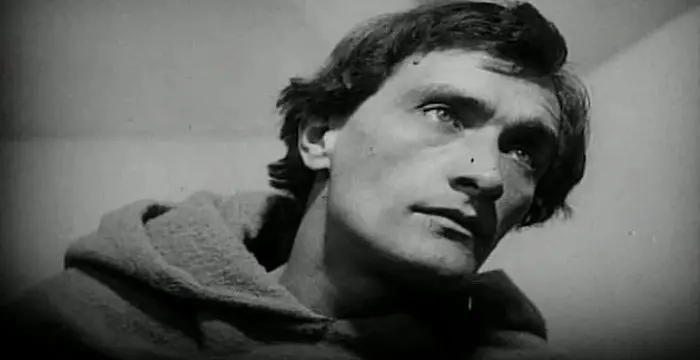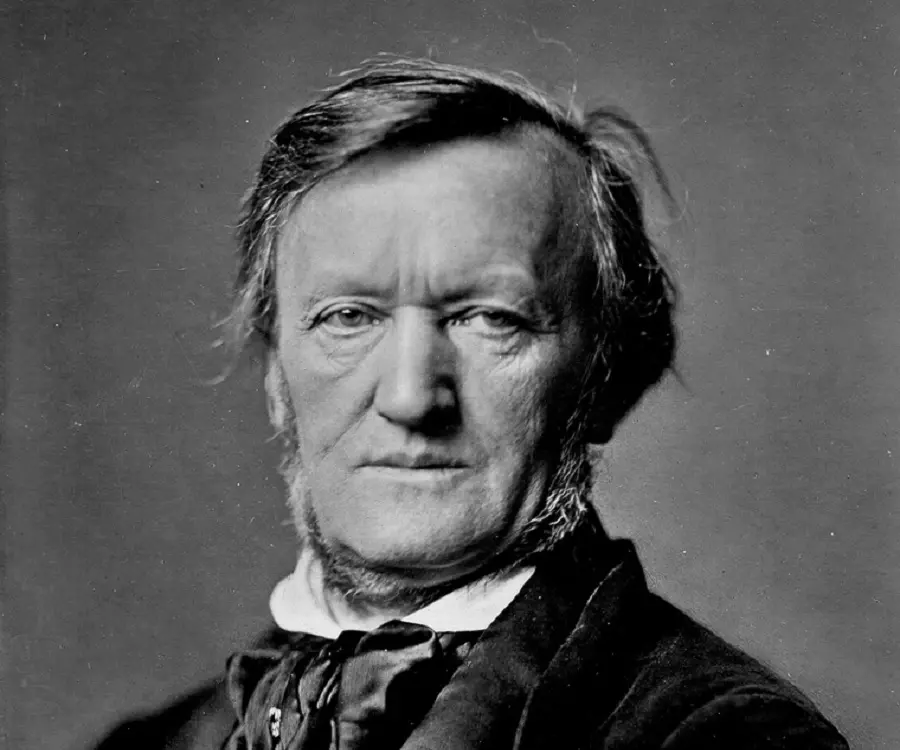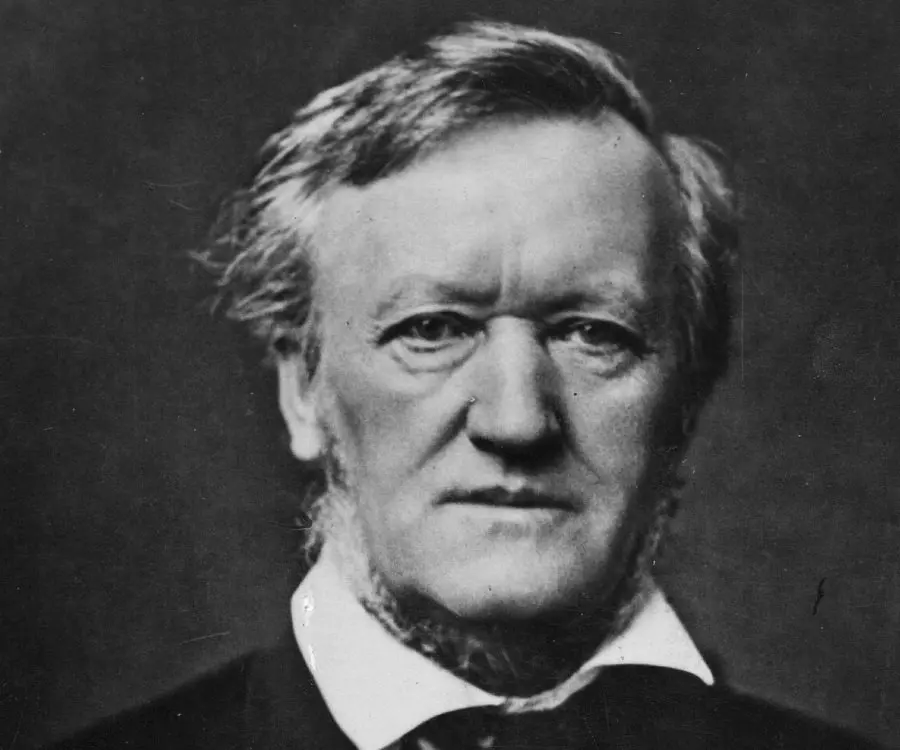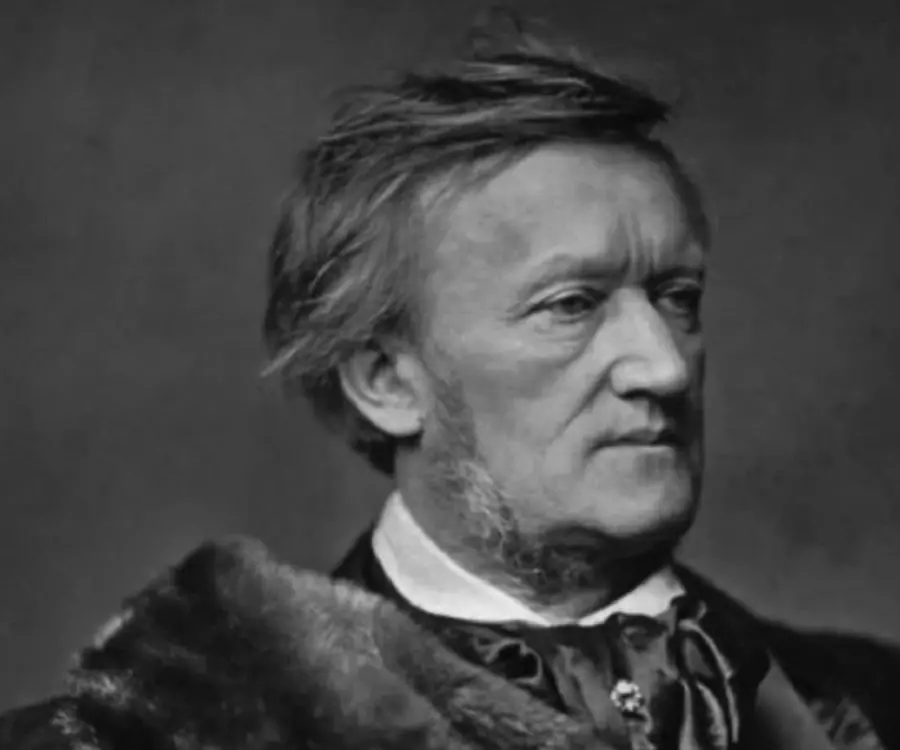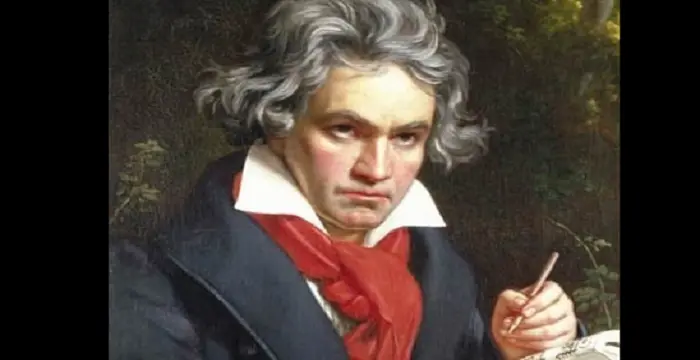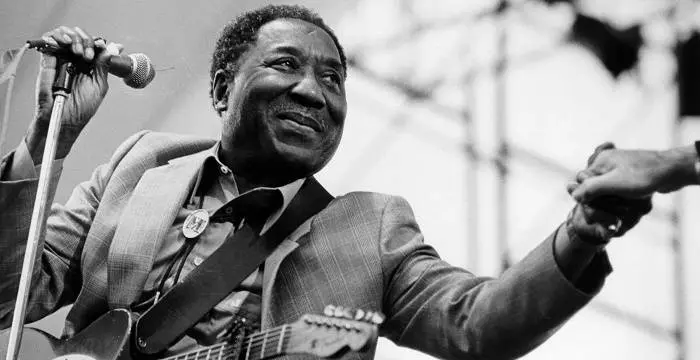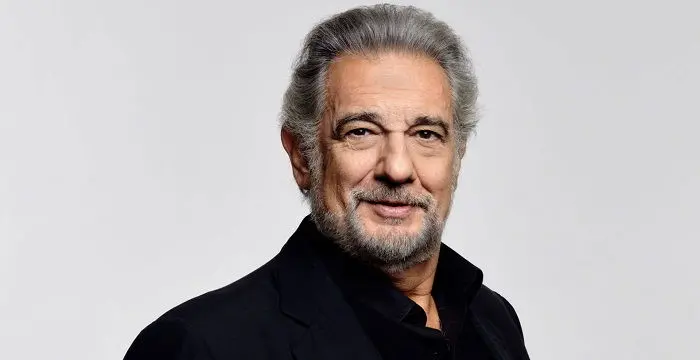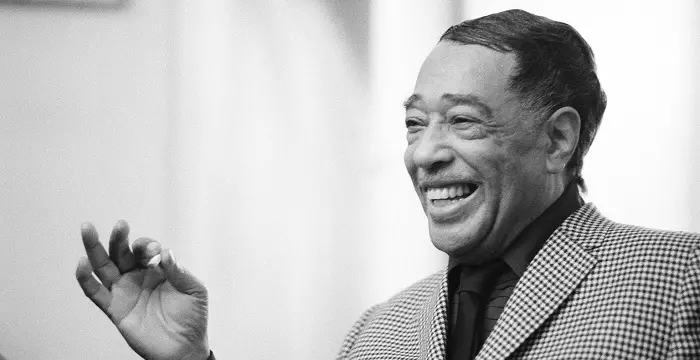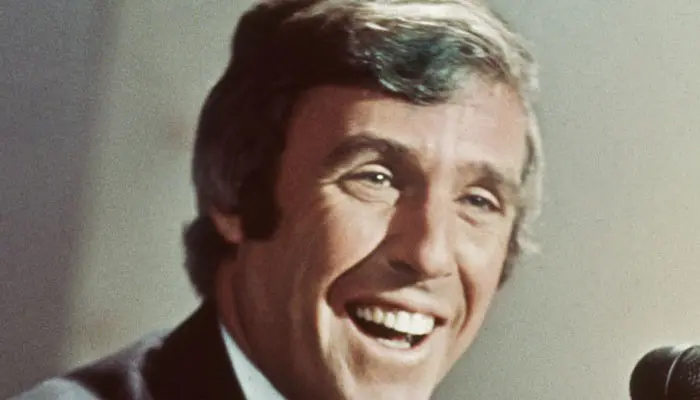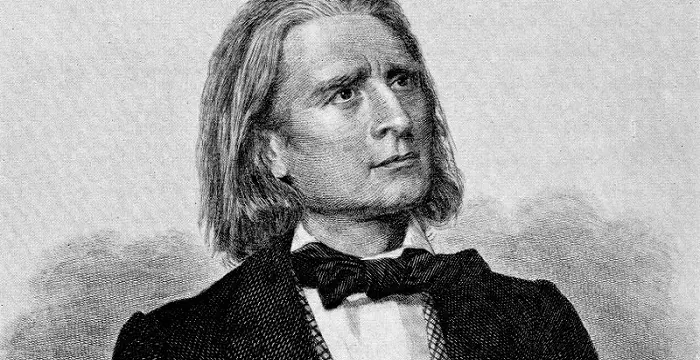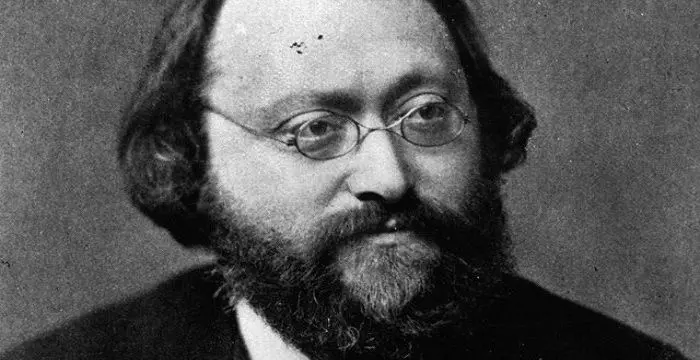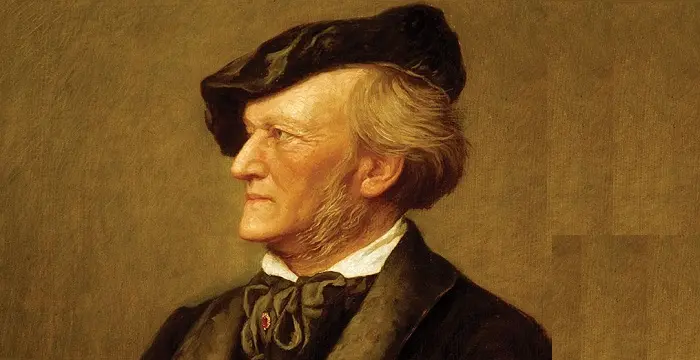
Richard Wagner - Theatre Director, Career and Childhood
Richard Wagner's Personal Details
Richard Wagner was a German composer best remembered for his operas and music dramas
| Information | Detail |
|---|---|
| Birthday | May 22, 1813 |
| Died on | February 13, 1883 |
| Nationality | German |
| Famous | Musicians, Conductors, Composers, Theatre Director |
| Spouses | Cosima Wagner (m. 1870–1883), Minna Planer (m. 1836–1866) |
| Siblings | Albert |
| Childrens | Eva von Bülow, Isolde Ludowitz von Bülow, Siegfried Wagner |
| Birth Place | Leipzig |
| Gender | Male |
| Father | Carl Friedrich Wagner |
| Mother | Johanna Rosine |
| Sun Sign | Gemini |
| Born in | Leipzig |
| Famous as | Composer, conductor, theatre director |
| Died at Age | 69 |
// Famous Theatre Director
Sophie Hunter
Sophie Hunter is an English avant-garde theater and opera director, playwright, and actor. Check out this biography to know about her childhood, family, personal life, etc.
Antonin Artaud
Antonin Artaud was one of the most influential playwrights of the 20th century. Go through this biography to learn more about his profile, childhood, life and timeline.
Richard Wagner's photo
Who is Richard Wagner?
Richard Wagner was a German composer, theatre director and conductor best remembered for his operas and music dramas. Hebecame interested in musical compositions at a very young age as his ambition was acquired based on his family background. Throughout his career he was met with oodles of controversies. His unabashed love affairs and polemic compositions gathered both admiration and antagonism. He composed verses against popular beliefs and had them performed at popular theatres. It was owing to his novel ideas that he brought creative finesse to complex ‘music dramas’ such as the ‘Ring Cycle’. Unlike several other composers or theatrical directors of his time, Wagner not only wrote the libretto but also composed music for his shows. Towards the later part of his career he further refined his works by directing and composing difficult orchestration. Yet, despitehaving such a promising career,his life was a struggle with creditors at his heel and numerous scandals clouding his name.
// Famous Composers
Ludwig van Beethoven
Ludwig Van Beethoven was one of the greatest composers the world has ever had. Check out this biography to know about his childhood, family life, and achievements.
Emina Jahović
Emina Jahović Sandal is a Serbian model, actress and singer-songwriter. Know more about her childhood, life, career, achievements and timeline in this biography.
John Denver
John Denver, a famous American singer-songwriter and activist, is remembered for songs like Take Me Home, Country Roads and Annie's Song. To know more about his childhood, career, profile and timeline read on
Childhood & Early Life
Richard Wagner was born on 22 May 1813 in Leipzig, Germany, to a baker’s daughter, Johanna Rosine and her husband Carl Friedrich Wagner, a clerk in the police service who died of typhus six months after Richard’s birth.
He was the 9th child of his parents. After Carl’s death, his mother moved along with her children to live with a friend of her deceased husband, Ludwig Geyer in Dresden.
His mother had an affair with Geyer, and probably went on to marry him, but no church documents have been retrieved to document the same.
Until he was fourteen years old, Richard believed that Geyer was his biological father; he was named Wagner after he learned that he was originally the son of Carl Wagner and Geyer was his stepfather.
Ludwig Geyer had a mighty influence on his life. Geyer was a painter, actor and poet and it was through him that Wagner experienced theatre.
Not only his step-father but his biological sisters were also opera singers and thus, a new passion was born in him that led him to opera and dramatization.
In 1820, his stepfather put him into Pastor Wetzel’s school in Possendorf, here he received tutelage in piano by a Latin teacher, who described his talent as sheer torture for musical instruments.
The next year, ill fate befell his familyonce again when his stepfather passed away and he was enrolled into the Kreuzschule boarding school. Here, found his passion as a playwright and was inspired by Beethoven’s 9th Symphony.
He was just a young teenager when he wrote his first drama ‘Leubald’, a tragic play. But it was only in 1829, after watching a performance of Wilhelmine Schroder-Devrient, did his drive to compose both music and script escalate to its highest peak.
He joined Leipzig University and took lessons from Thomaskantor Theodor Weinlig in 1831. Weinlig was pleasantly surprised by Wagner’s passion and declined any fees for his lessons.
As a Composer
Richard Wagner’s brother Albert helped him become a choir master in 1833. In the same year he composed his first piece of opera called ‘Die Feen’ which when translated means ‘The Fairies’.
However, he couldn’t stage his first opera. In order to attain professional growth, in 1834 he became a musical director at the opera house in Magdeburg.
It was during this time that he wrote ‘Das Liebesverbot’ or ‘The Ban on Love’, a piece similar to Shakespeare’s ‘Measure for Measure’, that was staged in 1836 at Magdeburg theatre itself.
Nonetheless, it was only performed once;curtains were drawn on the second show as the theatre shut down, which left him reeling from financial losses.
A Disintegrating Career
At this gutted moment in his life, the actress Christine Wilhelmine ‘Minna’ Planer helped him get back on his feet by introducing him to the theatre at Konigsberg.
They married on 24 November 1836, but their love lasted only for six months as Planer left him for a wealthier man. The marriage being a failure urged Wagner to move to Riga.
At Riga he became the music director of a local theatre and aided Minna’s sister Amalie, as a singer at the theatre. This act of benevolence reconciled the separated couple and Minna came back into his life.
In the late 1830s Wagner was steeped in debt and in order to save himself from creditors, he escaped to Paris in search of wealth and success. He lived in France and hoped to prosper but found no opportunity and took a deep dislike for the French musical culture.
Wagner
By 1840, Richard Wagner had completed his opera ‘Rienzi.’ He then returned to Germany in 1842, swearing to never leave his homeland again. The play was then staged in Dresden.
‘Rienzi’ did receive some success, but it wasn’t until 1845 at the premiere of ‘Tannhauser’ that Wagner received his first major success. At around this period he was also appointed the Royal Saxon Court Conductor.
In 1846, he had already completed half of his poem, ‘Lohengrin’ after which the inception of his most revered work in opera history—the ‘Der Ring des Nibelugen’ that spanned four dramas—ultimatelydawned on him.
Left-wing Politics & Exile
With rising success he gradually became involved in politics. He supported the left wing with his socialist ideals that he shared with August Rockel and Mikhail Bakunin.
He minutely supported the May Uprisings that occurred in Dresden on account of the new constitution declare by King Frederick Augustus II in 1849.
The uprisings ended with the defeat of the revolutionaries and warrants were issued in their names, thus Wagner absconded to Paris once again and then to Zurich spending the next twelve years in exile.
It was only in 1862 that the political ban on Wagner was lifted. He settled in Biebrich where he began working on ‘Die Meistersinger von Nurnberg’, a comedy.
Turn of Fortune
On the other hand, Wagner’s wife, Minna, by now was undergoing severe depression after she found a letter her husband had written to the poet-writer Mathilde Wesendonck.
Mathilde was the wife of Otto Wesendonck, a silk entrepreneur, and she was indulging in an extra-marital affair with Wagner. Unable to trust her husband again, Minna separated from him.
King Ludwig II was an admirer of Wagner’s work and possessed a soft corner for the composer; himself being homosexual though Wagner was not. He summoned Wagner to Munich and paid all his debts. Wagner reciprocated deep admiration in return of the tremendous support provided by the king.
In 1865, after toilsome rehearsals, ‘Tristan und Isolde’ was performed at the National Munich Theatre. The opera was titled after Wagner’s alleged daughter, Isolde, who was born to Cosima, the wife of Hans von Bulow.
Learning of this development, King Ludwig II was disappointed and had the composer removed from Munich.
Minna died around the same time in 1866, and Cosima conceived two more of Wagner’s children, a daughter named Eva and son, Siegfried. Finally, Cosima, around 24 years younger to Wagner, divorced her husband and married Wagner in 1870.
In 1876, the complete ‘Ring Cycle’ which included ‘Rheingold’, ‘Walkure’, ‘Siengfried’ and ‘Götterdämmerung’ was premiered at ‘Festspielhaus’ an opera house Wagner had built for himself at Bayreuth, and in 1882, he wrote his last drama ‘Parsifal’.
Major Works
Richard Wagner’s best known work was ‘The Ring Cycle’—a cycle of four epic music dramas—thatwas considered decades ahead of its time. He wrote the libretto and music over the course of several years, from 1848 to 1874. Such portrayal of drama hadn’t hit Western entertainment until then, as composers and directors hadn’t thought of including sequels to their operas.
Some of his other successes were, ‘Tannhauser’ and ‘Lohengrin’. He also wrote a series of essays in 1849-52.
Personal Life & Legacy
He died in 1883 on 13th February at the age of 69, from a heart attack. He was on a holiday in Venice with his wife Cosima and his children.
His body was shipped back to his home in Bayreuth where he had spent the last years of his life; he was buried in the garden of Villa Wahnfried.
The genesis of his musical dramas laid the foundation for several art forms of the 20th century. His compositions were not merely articulate scripts of literature; rather they contained intense and polemic philosophy.
Trivia
Evidence indicates that Adolf Hitler had been an ardent Wagner fan; he often listened to his compositions and even played them at the Dachau concentration camp in order to educate the captives.
// Famous Musicians
Ted Nugent
Ted Nugent is a hard rock musician known for his hits ‘Stranglehold’ and ‘Cat Scratch Fever’. This biography of Ted Nugent provides detailed information about his childhood, life, achievements, works & timeline.
Muddy Waters
Muddy Waters was a blues musician referred to as the 'father of modern Chicago blues.' Check out this biography to know about his childhood, family life, achievements and fun facts about him.
Travis Bacon
Travis Bacon is an American musician and actor, better known as the son of veteran actors Kevin Bacon and Kyra Sedgwick. Find more about his family, birthday, etc.
Richard Wagner biography timelines
- // 22nd May 1813Richard Wagner was born on 22 May 1813 in Leipzig, Germany, to a baker’s daughter, Johanna Rosine and her husband Carl Friedrich Wagner, a clerk in the police service who died of typhus six months after Richard’s birth.
- // 1820In 1820, his stepfather put him into Pastor Wetzel’s school in Possendorf, here he received tutelage in piano by a Latin teacher, who described his talent as sheer torture for musical instruments.
- // 1829He was just a young teenager when he wrote his first drama ‘Leubald’, a tragic play. But it was only in 1829, after watching a performance of Wilhelmine Schroder-Devrient, did his drive to compose both music and script escalate to its highest peak.
- // 1830In the late 1830s Wagner was steeped in debt and in order to save himself from creditors, he escaped to Paris in search of wealth and success. He lived in France and hoped to prosper but found no opportunity and took a deep dislike for the French musical culture.
- // 1831He joined Leipzig University and took lessons from Thomaskantor Theodor Weinlig in 1831. Weinlig was pleasantly surprised by Wagner’s passion and declined any fees for his lessons.
- // 1833Richard Wagner’s brother Albert helped him become a choir master in 1833. In the same year he composed his first piece of opera called ‘Die Feen’ which when translated means ‘The Fairies’.
- // 1834However, he couldn’t stage his first opera. In order to attain professional growth, in 1834 he became a musical director at the opera house in Magdeburg.
- // 1836It was during this time that he wrote ‘Das Liebesverbot’ or ‘The Ban on Love’, a piece similar to Shakespeare’s ‘Measure for Measure’, that was staged in 1836 at Magdeburg theatre itself.
- // 24th Nov 1836They married on 24 November 1836, but their love lasted only for six months as Planer left him for a wealthier man. The marriage being a failure urged Wagner to move to Riga.
- // 1840 To 1842By 1840, Richard Wagner had completed his opera ‘Rienzi.’ He then returned to Germany in 1842, swearing to never leave his homeland again. The play was then staged in Dresden.
- // 1845‘Rienzi’ did receive some success, but it wasn’t until 1845 at the premiere of ‘Tannhauser’ that Wagner received his first major success. At around this period he was also appointed the Royal Saxon Court Conductor.
- // 1846In 1846, he had already completed half of his poem, ‘Lohengrin’ after which the inception of his most revered work in opera history—the ‘Der Ring des Nibelugen’ that spanned four dramas—ultimatelydawned on him.
- // 1848 To 1874Richard Wagner’s best known work was ‘The Ring Cycle’—a cycle of four epic music dramas—thatwas considered decades ahead of its time. He wrote the libretto and music over the course of several years, from 1848 to 1874. Such portrayal of drama hadn’t hit Western entertainment until then, as composers and directors hadn’t thought of including sequels to their operas.
- // 1849 To 1852Some of his other successes were, ‘Tannhauser’ and ‘Lohengrin’. He also wrote a series of essays in 1849-52.
- // 1862It was only in 1862 that the political ban on Wagner was lifted. He settled in Biebrich where he began working on ‘Die Meistersinger von Nurnberg’, a comedy.
- // 1865In 1865, after toilsome rehearsals, ‘Tristan und Isolde’ was performed at the National Munich Theatre. The opera was titled after Wagner’s alleged daughter, Isolde, who was born to Cosima, the wife of Hans von Bulow.
- // 1866 To 1870Minna died around the same time in 1866, and Cosima conceived two more of Wagner’s children, a daughter named Eva and son, Siegfried. Finally, Cosima, around 24 years younger to Wagner, divorced her husband and married Wagner in 1870.
- // 1876 To 1882In 1876, the complete ‘Ring Cycle’ which included ‘Rheingold’, ‘Walkure’, ‘Siengfried’ and ‘Götterdämmerung’ was premiered at ‘Festspielhaus’ an opera house Wagner had built for himself at Bayreuth, and in 1882, he wrote his last drama ‘Parsifal’.
- // 13th Feb 1883He died in 1883 on 13th February at the age of 69, from a heart attack. He was on a holiday in Venice with his wife Cosima and his children.
// Famous Conductors
Quincy Jones
Quincy Jones is an American record producer, film & TV producer, composer, conductor, instrumentalist, jazz trumpeter, and record company executive. This biography provides detailed information on his childhood, life, career, achievements & timeline.
Placido Domingo
José Plácido Domingo Embil is a famous Spanish conductor and tenor who has recorded more than 100 opera performances. This biography profiles his childhood, life, music career, achievements and timeline.
Duke Ellington
Duke Ellington was an American jazz composer and performer who is among one of the greatest names in the history of jazz. This biography profiles his childhood, life, music career, achievements and timeline.
Burt Bacharach
Burt Freeman Bacharach is a legendary American composer, songwriter, singer, pianist, and record producer. This biography profiles his childhood, family, personal life, career, etc.
Franz Liszt
Franz Liszt was a famous Hungarian composer and pianist. Check out this biography to know about his childhood, family life, achievements and other facts related to his life.
Max Bruch
A German romantic composer and conductor, Max Bruch is notably famous for his violin concertos that feature among his 200 plus works! Read this captivating biography to know about his profile, childhood, life and timeline.
Richard Wagner's FAQ
What is Richard Wagner birthday?
Richard Wagner was born at 1813-05-22
When was Richard Wagner died?
Richard Wagner was died at 1883-02-13
Where was Richard Wagner died?
Richard Wagner was died in Venice
Which age was Richard Wagner died?
Richard Wagner was died at age 69
Where is Richard Wagner's birth place?
Richard Wagner was born in Leipzig
What is Richard Wagner nationalities?
Richard Wagner's nationalities is German
Who is Richard Wagner spouses?
Richard Wagner's spouses is Cosima Wagner (m. 1870–1883), Minna Planer (m. 1836–1866)
Who is Richard Wagner siblings?
Richard Wagner's siblings is Albert
Who is Richard Wagner childrens?
Richard Wagner's childrens is Eva von Bülow, Isolde Ludowitz von Bülow, Siegfried Wagner
Who is Richard Wagner's father?
Richard Wagner's father is Carl Friedrich Wagner
Who is Richard Wagner's mother?
Richard Wagner's mother is Johanna Rosine
What is Richard Wagner's sun sign?
Richard Wagner is Gemini
How famous is Richard Wagner?
Richard Wagner is famouse as Composer, conductor, theatre director

